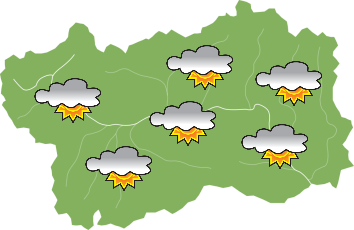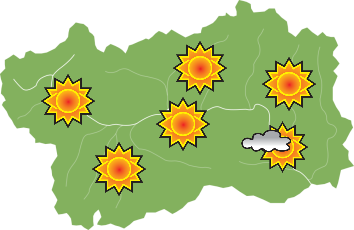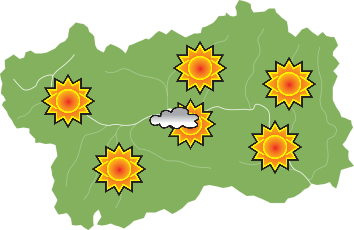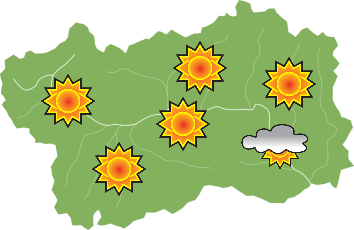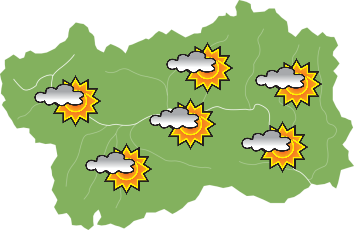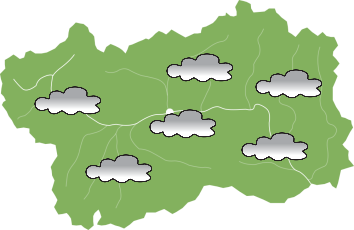Moulded into a curious shape by the glaciers, a habitat wrapped by sunshine
The elongated spur - the “côte” - originating from deposits of a glacial origin, is one of the most significant elements of this nature reserve, which owes its name to a legend according to which the côte is the little finger of the giant Gargantua, a character invented by Rabelais, buried under a blanket of debris.
An ancient story that accompanies those of the many animal and plant species that live in this typical example of a steppe environment, characterized by grassy-rocky sides and slopes, an arid area with strong sunlight.
Flora
Among the most representative species of the floristic world are the “Artemisia vallesiaca”, a rare aromatic plant and the “Telephium imperati”, of Mediterranean origin.
Fauna
The reserve is an ideal environment for small rodents, birds of prey, passerines, invertebrates and reptiles such as the wall lizard, the green lizard and the rat snake. The entomofauna is particularly rich; in fact, there are numerous species of lepidoptera and beetles typical of arid environments. Thanks to its excellent exposure, the reserve can be visited safely even in the winter months; however, spring and autumn are still the best seasons to enjoy the mild climate and the beautiful colors.
How to Get There
Coming by car from the city center of Aosta, the Côte de Gargantua is clearly visible from the Envers road (road connecting the municipalities of the talweg located on the orographic right side of the Dora Baltea). At the Pont-Suaz roundabout, take the number 20 regional road towards “Gressan - Jovençan - Cogne”. The itineraries that lead to the discovery of the reserve start from different points, but given the limited availability of parking spaces in the small parking lots in the hamlets, it is advisable to leave the car in the areas belonging to the Municipality of Gressan, located on the left side of the road.
By bus: line 5 is available: Aosta - Aymavilles (Gressan town hall stop)





